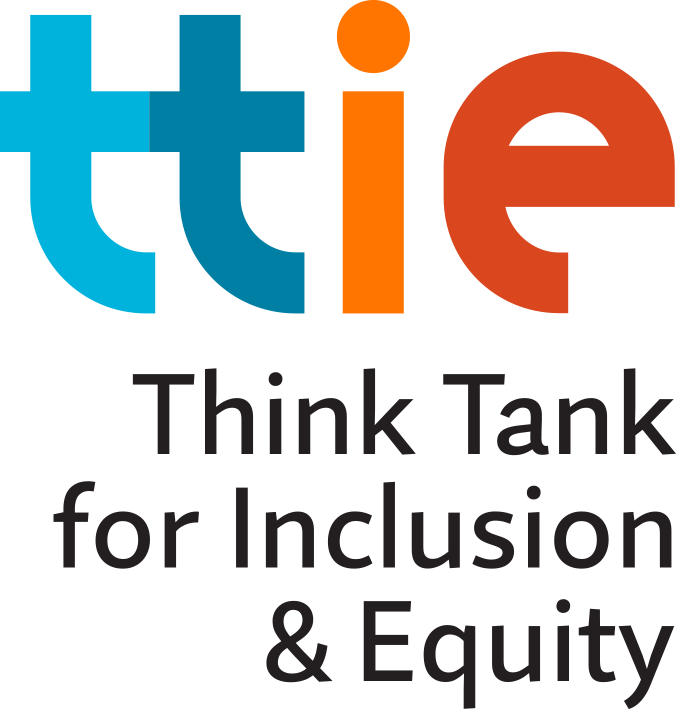#WriteInclusion Factsheets
Expanded glossary of terms
Scroll down to read our full glossary, or click to filter by a specific Factsheet category.
FILTER BY FACTSHEET
SEARCH FOR A SPECIFIC TERM
Resource Families
Those who provide homes and nurture children removed from their living situations. Whether they are fostering, adopting, or kin providing care, they must undergo training and background checks to become licensed.
Reunification
As it relates to foster care, reunification is the return of a child to their family of origin after involvement in the child welfare system. Reunification is the most common goal for children in foster care, and the process should place the needs of the child first (e.g., trauma-informed, culturally-responsive, family-centered approaches). For more.
Termination of Parental Rights
A court order that permanently ends the legal parent-child relationship (e.g., custody, visitation, inheritance). The termination of rights might be voluntary or involuntary, and can be attributed to a number of factors (e.g., abuse; failure to provide education; long-term drug- or alcohol-induced incapacity; legal emancipation; child has developed a healthy relationship with their resource family and articulates a preference to stay under their care).
Transracial Adoption
When a child of one race or ethnic group is adopted by a parent(s) of a different race or ethnic group. While adoptive parents might mean “race doesn’t matter” in the best possible way, race and culture matter greatly, and children being raised in households where their race, culture, and heritage aren’t acknowledged or celebrated can negatively impact them. In the U.S., 30% of domestic adoptions are transracial. This number does not include international adoptions, which are frequently transracial. For more.
